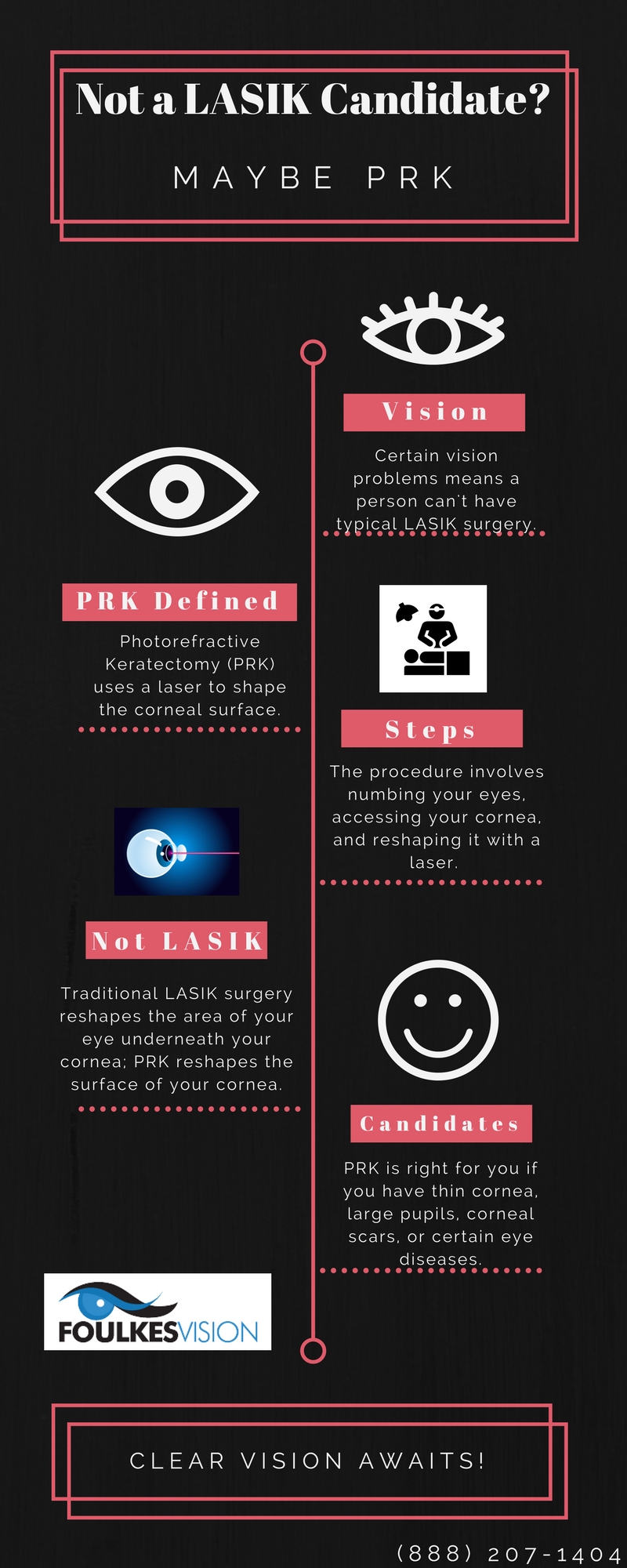Is SMILE Eye Surgical Procedure Perfect For You? Key Insights And Considerations To Assess
Is SMILE Eye Surgical Procedure Perfect For You? Key Insights And Considerations To Assess
Blog Article
Write-Up Author-Hollis Storm
If you're considering SMILE eye surgery, consider this: are you prepared to embrace prospective visual freedom, or does the thought of any kind of dangers make you wait? Your choice will rest on a cautious balance of weighing the advantages against the uncertainties. It's essential to dig deeper right into the nuances of SMILE surgical procedure to make an informed choice that straightens with your visual goals.
Comprehending SMILE Eye Surgical Procedure
When considering SMILE Eye Surgical procedure, it is necessary to understand the treatment and its benefits. SMILE, which stands for Small Laceration Lenticule Removal, is a minimally intrusive laser eye surgical treatment that fixes common vision problems like myopia (nearsightedness).
During the procedure, your eye surgeon will utilize a femtosecond laser to develop a small laceration in your cornea. With this laceration, a tiny disc of tissue called a lenticule is gotten rid of, reshaping the cornea and fixing your vision.
One of the key advantages of SMILE Eye Surgery is its quick recovery time. alternative to cataract surgery boosted vision within a day or 2 after the treatment, with minimal discomfort.
In addition, SMILE is known for its high success price in offering long-term vision correction. Unlike LASIK, SMILE doesn't require the production of a flap in the cornea, reducing the danger of complications and permitting a much more secure corneal structure post-surgery.
Recognizing the treatment and its advantages is vital when considering SMILE Eye Surgical procedure for vision adjustment.
Advantages and disadvantages of SMILE
Considering SMILE Eye Surgery for vision adjustment comes with numerous benefits and potential downsides.
go to this website of the major pros of SMILE is its minimally intrusive nature, as it entails a tiny laceration and generally leads to quick recuperation times. The procedure is additionally known for creating minimal pain and dry eye signs and symptoms post-surgery contrasted to various other vision correction methods. Furthermore, SMILE has been revealed to supply excellent visual outcomes, with many patients accomplishing 20/20 vision or far better.
On the other hand, a prospective disadvantage of SMILE is that it may not be suitable for people with serious refractive mistakes, as the treatment variety is rather limited compared to LASIK. An additional consideration is that the knowing curve for specialists executing SMILE can affect the schedule of seasoned service providers in specific areas.
It is very important to consider these pros and cons thoroughly when making a decision if SMILE is the ideal option for your vision correction demands.
Figuring Out Eligibility for SMILE
To figure out if you're qualified for SMILE eye surgical treatment, your ophthalmologist will certainly perform an extensive examination of your eye health and wellness and vision requirements. Throughout this examination, aspects such as the security of your vision prescription, the thickness of your cornea, and the total health and wellness of your eyes will be analyzed.
Normally, candidates for SMILE are over 22 years old, have a secure vision prescription for at the very least a year, and have healthy corneas without conditions like keratoconus.
Your ophthalmologist will also consider your general eye wellness, any type of existing eye conditions, and your lifestyle needs to figure out if SMILE is the appropriate choice for you. It's necessary to communicate any specific aesthetic needs or concerns you might have throughout this evaluation to ensure that the treatment straightens with your expectations.
If you aren't qualified for SMILE, your eye doctor might suggest alternative vision modification options that much better suit your individual needs and eye wellness standing.
Conclusion
Inevitably, choosing whether SMILE eye surgical treatment is right for you requires careful consideration of your private eye health and visual requirements. Consult with your optometrist to determine your eligibility for the treatment and evaluate the potential advantages and drawbacks. Remember to interact any kind of concerns or inquiries you may have during the assessment process to make an educated choice about your vision correction alternatives.
